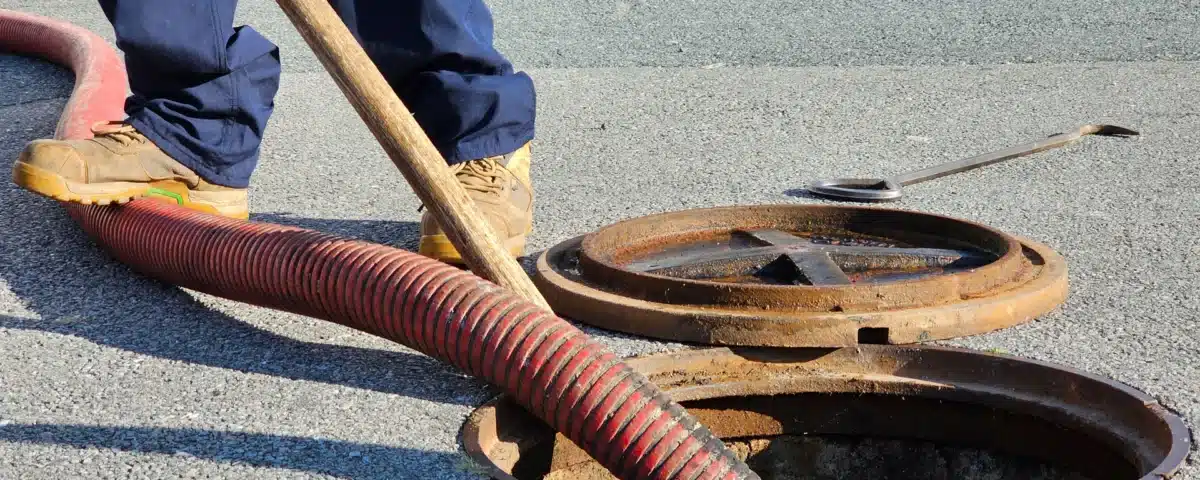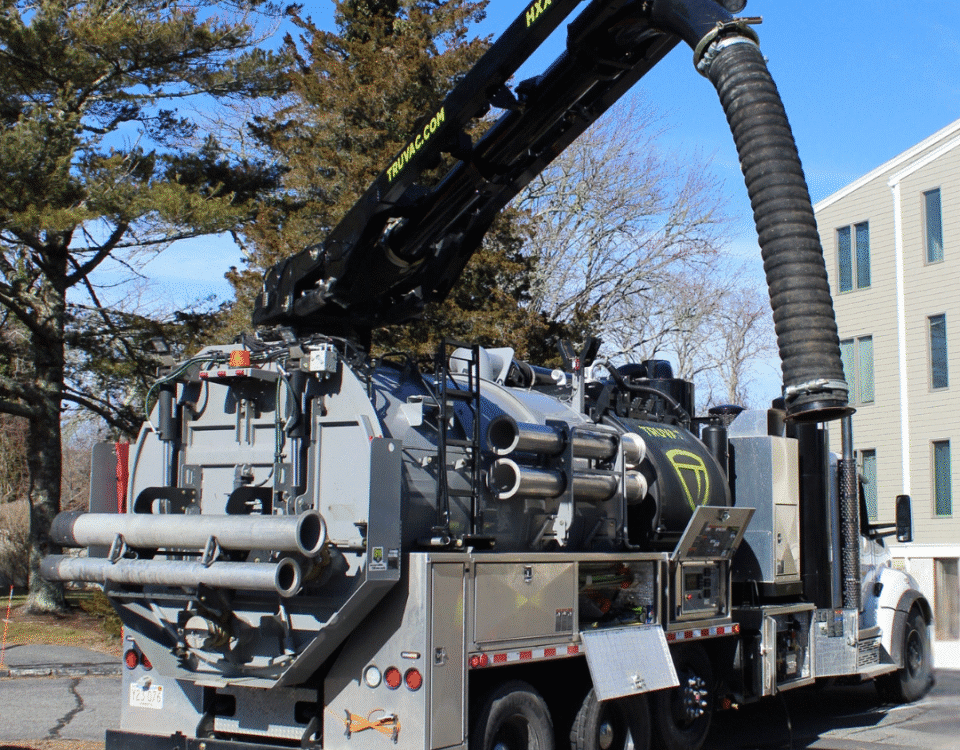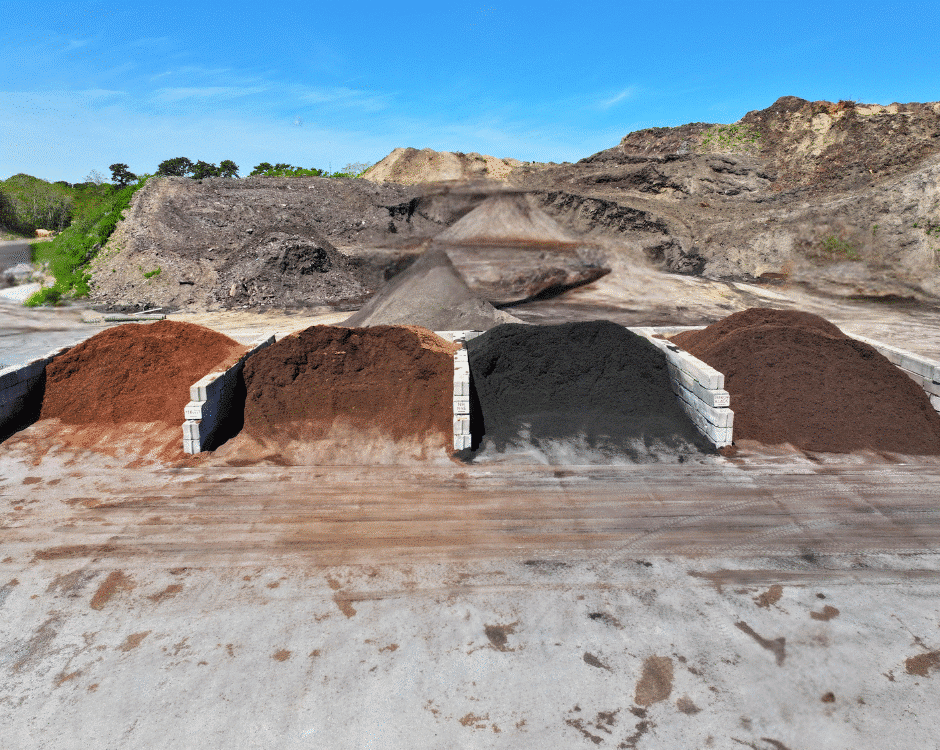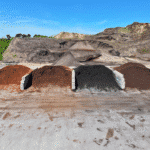
Benefits of Mulching
April 5, 2025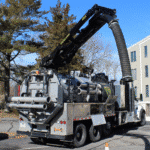
Why Hydro Excavation Is Augmenting Traditional Digging Methods
October 17, 2025
You probably don’t give much thought to your septic system. Most of us take for granted that it’s doing its icky but supremely important job efficiently. That’s generally true. But take it for granted too long, and you might find yourself in a pretty crappy situation. If you’ve ever witnessed a failed septic system, you know what we’re talking about – and you’ll never forget it!
Your septic is one of the most important workhorses in your home. It takes your bathroom “business” from the toilet, your hair and soap scum from the shower, and your wastewater from the kitchen sink and washing machine, and funnels that into your tank where it separates it into liquid, scum and sludge (the stuff that needs to be pumped out). As a homeowner, maintenance of your septic system is one of the most important responsibilities you have. Here are some easy tips for keeping your septic system healthy.
- We recommend having it inspected and pumped every 3-5 years. Frequency depends on several factors, including the size of your household and tank size. A professional inspector will also check for cracks and drips, which should be fixed if found.
- Don’t forget to keep a record of all inspections, pumping and repairs. It’s easy to lose track of when you last had it pumped. If in doubt, pump it out (better safe than sorry). Or make it easier by signing up for reminders from us.
- The less water you use, the less strain you put on the system so consider installing water-conserving faucets, showerheads and toilets. Also, practice conservation by taking shorter showers and not running faucets unnecessarily (like while you’re brushing your teeth). On Cape Cod, many homeowners have the benefit of an outdoor shower, which is a great alternative for diverting strain from your system.
- Plant grass or small plants over the drain field to avoid erosion. Never cover that area of your yard with concrete or anything nonporous. Also never drive over it or dig in that area to avoid crushing important components of the system. Keep a map indicating where your tank and leach field are located, and keep that area easily accessible.
- Keep large trees away from the tank and leaching field. Roots are relentlessly intrusive when it comes to penetrating weak spots in pipes.
- Use liquid instead of powder laundry detergent, which can form clogs.
- Remember that your toilet is not a wastebasket. Never EVER flush paper towels, feminine hygiene products, kitty litter, baby wipes, dental floss, hazardous chemicals (i.e., household cleaners), pharmaceuticals or cigarette butts down it. They can clog the pipes or erode them over time. Similarly, don’t pour grease or fats down your kitchen drain.
- Run washing machines and dishwashers only when full. Every load puts more strain on the system. Avoid running multiple loads of laundry consecutively.
- Divert roof drains and surface water away from the septic tank.
A little care will go a long way towards keeping your septic system working efficiently and avoiding costly repair or replacement bills. And perhaps more importantly, it will keep you out of a potentially stinky and embarrassing situation!


